The Lancet: Sepsis Associated with 1 in 5 Deaths Worldwide, Double Prior Estimates – Children and Poor Regions Hit Hardest
Twice as many people are dying from sepsis worldwide than previously estimated, according to a groundbreaking study by an international team of scientists published in The Lancet today. Among them are a disproportionately high number of children in poor areas.
This study, the most comprehensive clinical study on sepsis to date, revealed 48.9 million cases of sepsis in 2017 and 11 million deaths. 1 in 5 deaths globally are associated with sepsis. Sepsis arises when the body’s response to an infection injures its own tissues and organs. It may lead to shock, multi-organ failure, and death – especially if not recognized early and treated promptly. For sepsis survivors, it can create lifelong disabilities and suffering.
It was found that about 85% of sepsis cases occurred in low- or middle-income countries – especially in Sub-Saharan Africa, the South Pacific islands, and South, East, and Southeast Asia. While sepsis incidence is higher among females than males, more than 40% of all cases are occurring in children under 5.
“I’ve worked in rural Uganda, and sepsis is what we saw every single day. Watching a baby die of a disease that could have been prevented with basic public health measures really sticks with you. I want to contribute to solving this tragedy, so I participate in research on sepsis. However, how can we know if we’re making progress if we don’t even know the size of the problem? If you look at any top 10 list of deaths globally, sepsis is not listed because it hasn’t been counted.”
For their analysis, Rudd and colleagues leveraged the Global Burden of Disease Study, a comprehensive epidemiological analysis coordinated by the Institute for Health Metrics and Evaluation (IMHE) at the University of Washington School of Medicine. Previous global estimates for sepsis relied upon hospital databases from select middle- and high-income countries, making them severely limited and prone to overlooking the occurrence outside of the hospital, especially in low-income countries.
“We are alarmed to find sepsis deaths are much higher than previously estimated, especially as the condition is both preventable and treatable. We need renewed focus on sepsis prevention among newborns and on tackling antimicrobial resistance, an important driver of the condition.”
Although the number of cases are much higher than previously estimated, it is important to note that great international and collaborative work has been done worldwide in the past decades to fight sepsis. These efforts are conveyed in the study which examined annual sepsis incidence and mortality trends from 1990 to 2017. The study found that rates are actually decreasing. In 1990, there were an estimated 60.2 million sepsis cases and 15.7 million deaths, compared to the 48.9 million cases and 11 million deaths in 2017. However, the study highlights we still have a long way to go in the global fight against sepsis and we need to continue to build upon the work being done worldwide.
“This research confirms the urgent need for policymakers, healthcare providers, clinicians, and researchers to work together to implement robust national sepsis strategies, as called for in the 2017 WHO Resolution on Sepsis.”
This research was funded by The Bill & Melinda Gates Foundation, the National Institutes of Health (grants T32HL007287, T32HL007820, R35GM119519), the University of Pittsburgh, the British Columbia Children’s Hospital Foundation, the Wellcome Trust, and the Fleming Fund.
A comprehensive press release, a template for a press release, and a contact person for media inquiries is available on the website of our friends at World Sepsis Day.

